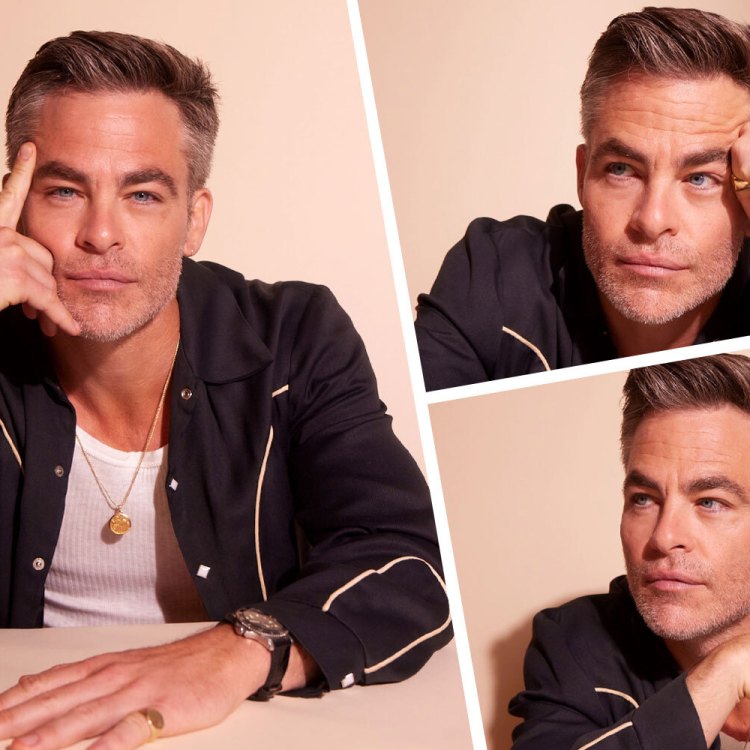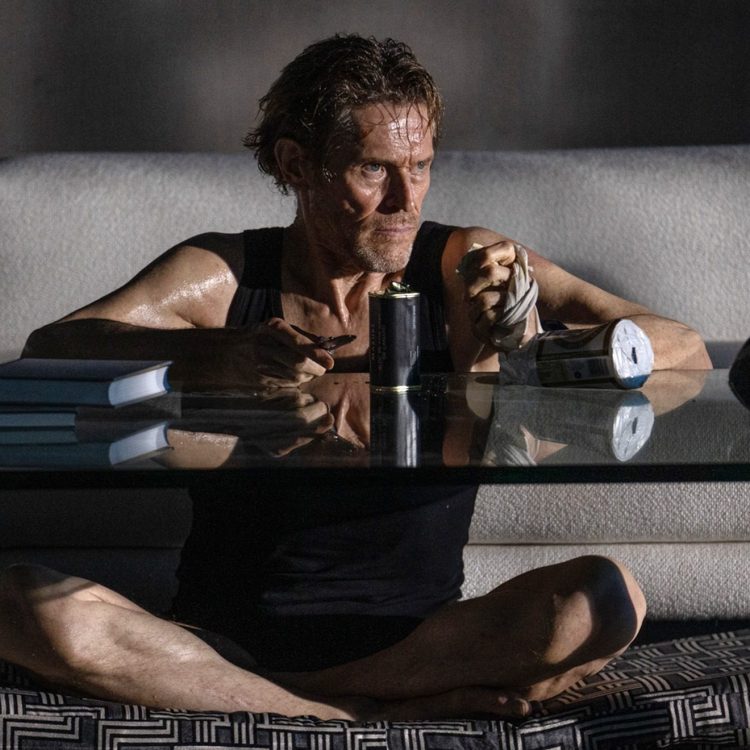As Rami Malek ascends from smash-faced TV star (Mr. Robot) to Oscar frontrunner with his Screen Actors Guild Best Actor for Bohemian Rhapsody on Sunday, a star is reborn – and the earlier favorite Bradley Cooper is crestfallen. Cooper now knows the loneliness of the long-distance frontrunner while Malek is spritzing champagne at the awards after parties and saying that one size fits all mantra – “I am humbled and honored.”
Meanwhile, I’m not rhapsodic, I’m gobsmacked. Sure the biopic’s made over $817M globally, but why have people fallen under the spell of such dreck? Malek doesn’t sink into the role. He just sinks. Why do fools fall in love with mediocre movies?
For me, there isn’t a moment when Malek, despite his pained-puppy eyes, broad shoulders wedded to a wasp waist, and amphetamine-fueled pelvic thrusts, disappears into the character of Freddie Mercury, lead singer of monster band Queen.
Let’s just begin with those bunny teeth. Yes: Mercury had extra bicuspids but this is almost mumbles-in-his-mouth late Godfather Brando. The physical truth doesn’t set Malek free: it hamstrings him.
We all know that Oscars go to people who stretch – hence the tributes to Christian Bale’s weight losses and gains (a fourth nomination for Vice), ditto Cooper’s tanned-to-the-saddlebag face. But Malek’s choppers look like wax Dracula teeth a kid would wear at Halloween. This prominent feature is as distracting as pretty much all of Nicole Kidman’s wigs – including the one she wears in Destroyer and that of her frumpy ginger mum in Lion.
I’m going to sidestep the swift-boating controversy that Bohemian Rhapsody has succumbed to regarding the movie’s treatment of the superstar singer’s sexuality. Vox articulated the central perspective in a headline: “It fears his queerness.” Biopics are notorious for streamlining controversial aspects of their subjects that don’t go down in easily digestible chunks: Sir Ben Kingsley played Gandhi without a single scene of a naked Mahatma reclining nude beside teen virgins to test his chastity; Russell Crowe’s A Beautiful Mind sidestepped the subject’s domestic violence.
While a biopic, Bohemian Rhapsody hews to the standard behind the music format reframed in A Star is Born, where the hero is on his way down from frame one while his Galatea Lady Gaga rises. Observe the familiar roller coaster: up, up, up from nothing but hope and a massive octave range, betrayal of roots and significant relationships, and then the inevitable downward spiral into drug and/or alcohol abuse, depression and failure.
Flame-out.
If it wasn’t for the redeeming Queen soundtrack, the musical bio-drama could almost be watched without the sound to understand the plot.
In this way, it’s not only Mercury’s sexuality and HIV-positive status that are homogenized, flattened and folded into a familiar structure. It’s also his escape from dual otherness as a Parsee immigrant in London mistaken for a Pakistani as well as his attraction to men and one-night stands that is painted in broad strokes.
The script attempts to root Old Zanzibar-born Mercury, nee Farrokh Bulsara, in this particularity, with scenes with his immigrant Zoroastrian middle-class parents — loving mother, disapproving father, darling sister. They don’t pay off.
Why?
In part this is because the family scenes are the cookie-cutter bookends of the behind-the-music format. If a character is expected to rise from rags to riches, the rags must be sketched – but the richness of his ethnic heritage is airbrushed. And his estrangement from, and ultimate reconciliation with, his nuclear family is as pat as an episode of Modern Family.
It’s also because nearly every character around Mercury, however well cast, is two-dimensional cardboard. You can’t manifest a complicated lead without fully realized sparring partners. (Take a lesson from what works in The Favourite and Can You Ever Forgive Me?)
This extends to the incidental girl-age of Mercury’s soul-mate/fiancé, Mary Austin (Lucy Boynton). Whether or not this woman was the love of Mercury’s life as the biopic alleges, she’s as memorable as bangs and mini-skirts. She’s no more than a reflection in Freddie’s limpid eye pools. She has no arc. There is no role here despite second billing.
Frankly, Mercury’s ostentatious mustache has more significance to the plot than Mary’s beard – although neither gets in his way.
The failure of Malek’s rock god, and the movie that surrounds him like a tinfoil jumpsuit, is that they lack his edge and genius. Mercury was superlative, a shooting star capable of uniting an entire stadium audience in a transcendent singalong. He was a gay person of color who grabbed the spotlight and insisted he be seen as he really was, sexual, ecstatic and transcendent – and, apparently, as hard to capture in a Hollywood biopic as quicksilver.
This article was featured in the InsideHook newsletter. Sign up now.






















